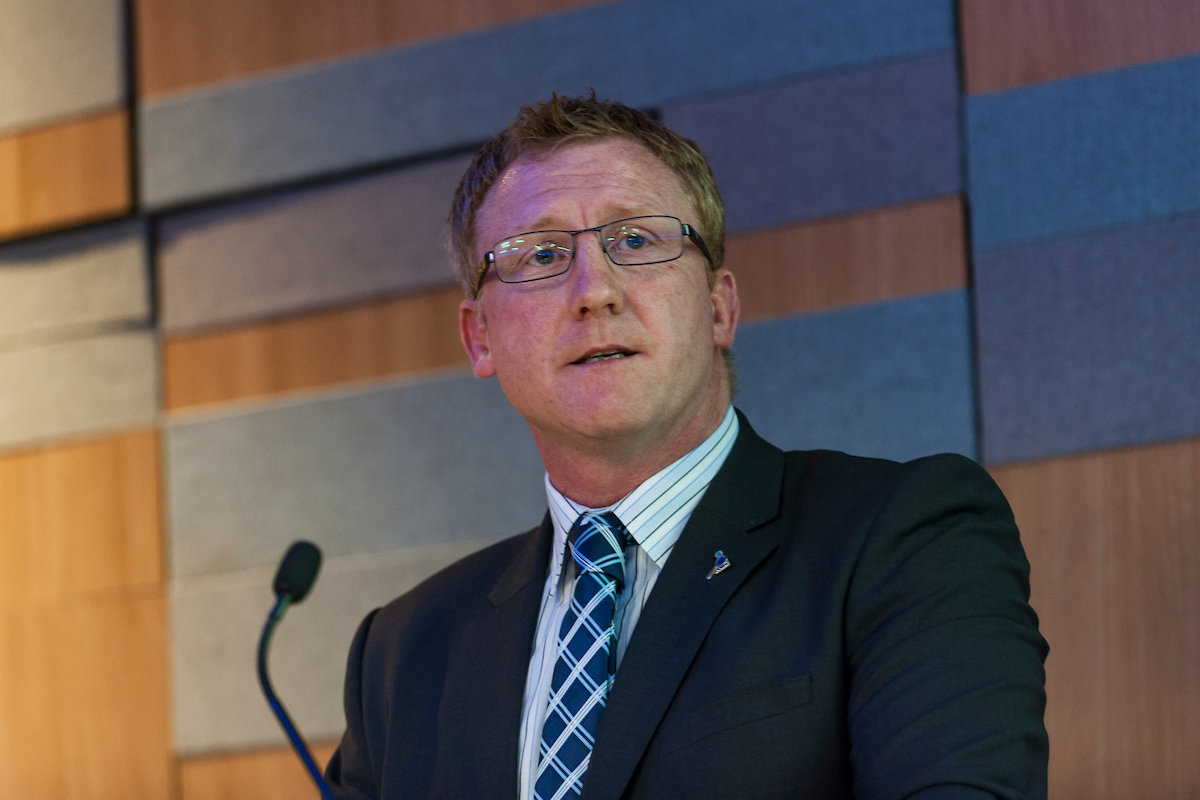Conference hears Police Detective crisis getting worse
THE crisis in detective policing is deepening with more than 5,000 roles needing to be filled, delegates at the Police Federation of England and Wales Conference have been told.
Martin Plummer, Chair of the Police Federation National Detectives Forum (PFNDF), confirmed fears about the issues affecting investigative policing.
“There’s never been fewer investigators,” he said, “morale is rock bottom and detecting is in crisis.
“The PFDNF warned that detective workloads were increasing back in 2010 and that is becoming even more stretched now due to recent cuts- the dream job in CID is becoming too hot to handle.”
Crime, particularly complex digital crime and terrorism, has risen alongside the rise in cuts he added.
“There’s just too much impact on work life balance for detectives and there is a serious demand and capability imbalance which is absolutely taking its toll on colleagues.”
Martin said that police officers can be victims too and shared some case studies which revealed just how stressful and a difficult job it can be.
One involved a Cumbrian Detective who ‘shook with stress’ as soon as he entered the station and couldn’t even remember where his desk was.
A recent PFEW Detective Survey filled in by more 7,000 officers supported the claims.
In it, 76% of respondents said workloads are too high with 85% saying morale and their mental wellbeing were being negatively impacted.
The direct support detectives offer to victims of serious crime was also highlighted in the break-out session.
South Wales Chief Constable and National Lead for Investigative Resilience Matt Jukes is tasked with helping to address the issues of recruitment and retention.
“There are 5,000 qualified positions to fill nationally,” he said, “and the current situation is a critical issue for British policing.
“It’s clear there are very significant pressures on people who perform the role of detectives and a key question is why people don’t want to be detectives.”
One reason he said was potentially the £1,200 drop in yearly wages uniform officers have to undergo when moving into CID and the fact that they face ‘stress and trauma’ every day.
He told delegates that he needed to hear from local forces about what was happening in their investigative police departments.
Other potential resolutions include supporting direct level entry candidates through exams, focusing on more career long development plans and the fact that a large number of detectives are working on long running non-recent investigations.
“There’s a 17% gap in demand versus supply,” he added.
“And it’s frustrating when we have to say goodbye to experienced detectives, but Chief Constables are listening.”

